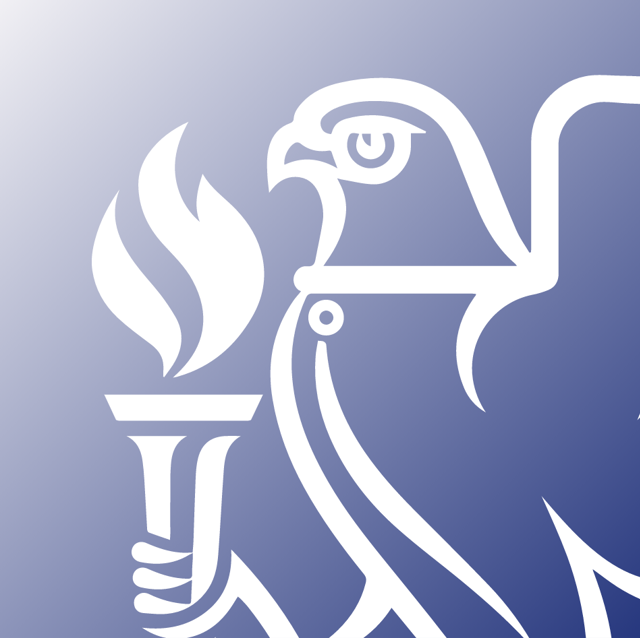
This third edition updates and supersedes the publication previously titled 'Datacom equipment power trends and cooling applications (2012)'.
The future of information technology (IT) equipment is very bright. Not only do the current trends show this, but so does the rate and pace for which advanced research and development is being applied to deal with these trends. More than ever before, companies are relying on their data communication (datacom) infrastructure to advance their business models and solutions. Computers have become a powerful extension of human beings, designed to augment intelligence, learn, and communicate more effectively. So, how does this bode for the future?
Energy efficiency and the power required by the IT equipment continue to be a concern for all organizations that use this equipment. This is an industry that continues to focus on innovation in this space. How these innovations translate within the server and storage power trends is extremely important to the end user. The third edition of the ASHRAE IT Equipment Power Trends book is meant to update the industry on what to expect in the coming years in terms of electrical power and cooling capacity required for future IT solutions. As with the previous editions, we had engineering professionals--many of them responsible for developing the products for which these power trends in this edition are created--update this datacom book. In 2005, the ASHRAE Technical Committee 9.9 (TC 9.9), Mission Critical Facilities, Data Centers, Technology Spaces and Electronic Equipment published the power trends for IT equipment up to 2015 and released a second edition in 2012 that extended the trends to 2020.
The third edition extends these trends to 2025. A key focus on planning for power and cooling required for the IT equipment within the data center is to have knowledge of the best estimates for future IT equipment power trends. As the current trends indicate, there is an expectation of increasing power density loads. This supports concerns over the impact that the increase will have on how to characterize or plan for these loads as well as the selection of the cooling and power systems best suited to meet the load. These trends can have a major impact on the cost associated with the infrastructure supporting the IT equipment. The members of the committee who created this third edition have the best insights into these hardware power trends. Based on the latest information from the leading datacom equipment manufacturers, this book provides a new approach to presenting the power trends for servers and storage products. This is done by focusing on the workloads and applications that run on the hardware. These include business processing, analytics, scientific, and cloud. By focusing on the workload, rather than the form factor alone, the third edition of IT Equipment Power Trends is able to provide a more comprehensive look into the future power trends that end users will see in their datacom facility. In addition and as a result of requests based on a user survey in updating this book, rack-level powers and annual power growth rates are provided. This added detail will allow the datacom facility designer to more accurately predict the datacom equipment loads that the facility can expect in the future. Trends for individual components of servers and storage suppleme
nt the server and rack trend information, providing an understanding of the forces driving overall IT equipment power consumption.
Contents:
Acknowledgments
Foreword
Chapter 1 Introduction
Chapter 2 Background
Chapter 3 IT Equipment and Components
Chapter 4 IT Equipment Workloads, Configurations and Applications
Chapter 5 IT Equipment Rack Power Trends
Chapter 6 Datacom Facility Capability and Considerations
Chapter 7 Practical Examples
Glossary
References